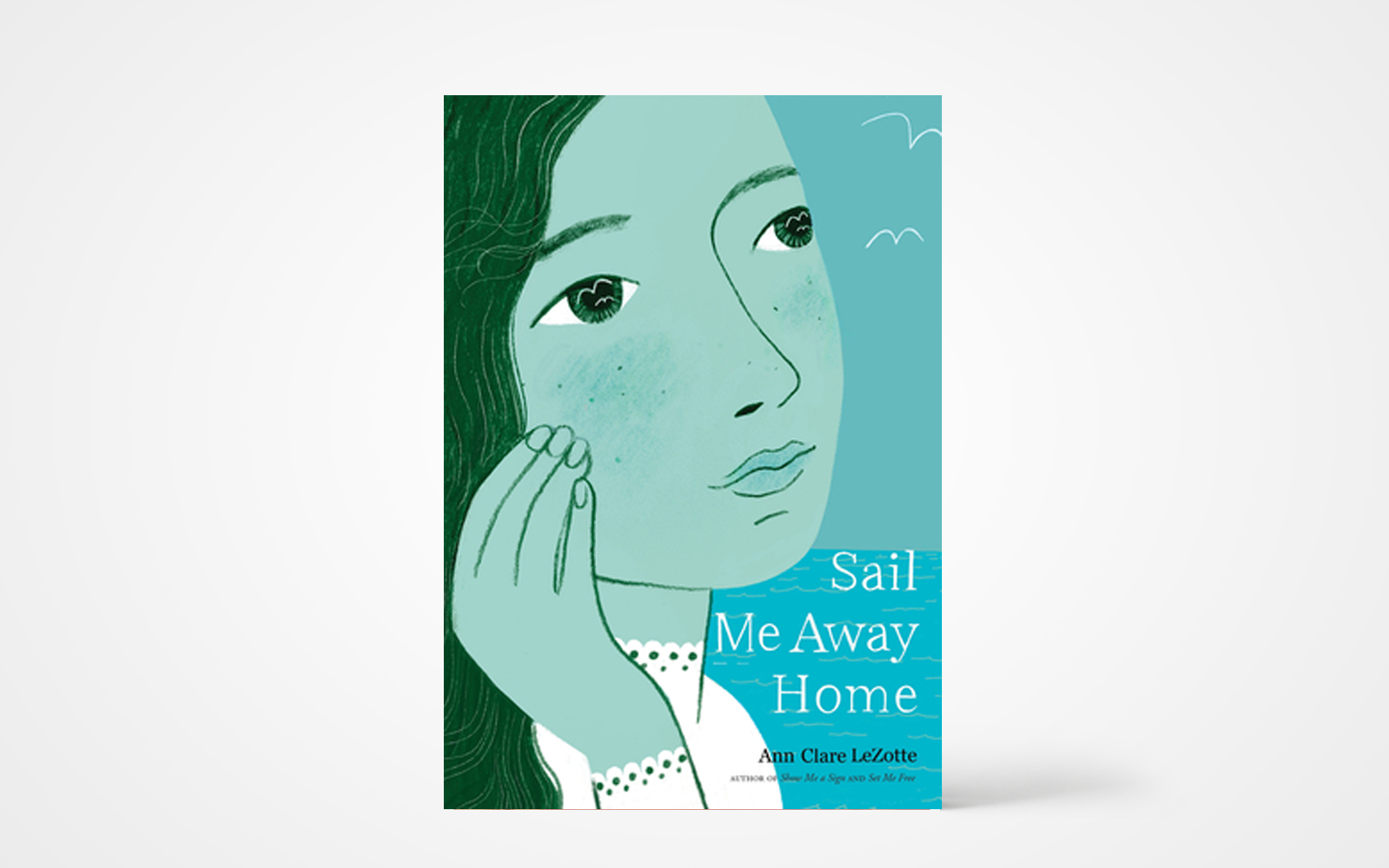In this standalone companion and conclusion to the Show Me a Sign trilogy—the other books are Show Me a Sign and Set Me Free—author Ann Clare LeZotte returns to the life of Mary Lambert on Martha’s Vineyard, a historical community where, from 1740 through the late 1800s, a high proportion of people were born without hearing. The community was unique in that deaf people and hearing people worked together and looked out for each other.
Now Mary, who is deaf, is a young adult and serves as a teacher of young children. Strong-willed and passionate, Mary feels “stalled” in her role, restless to discover the world. She especially longs to go to Paris, France, to visit a renowned school for deaf children and meet the visionary teachers who work there. Her ultimate goal is to bring back to America what she learns and establish a school for deaf children where all will be welcome.
Unexpectedly, Mary is given just that opportunity. A missionary society invites her to join them as they travel to London and Paris to visit schools for deaf children. Their goal is to learn how to communicate the gospel in sign language to convey it to deaf people in nations that have not yet been introduced to Christianity.
Though the missionaries’ motives seem pure, Mary is skeptical. After all, she has witnessed the destructive consequences of bigotry against former slaves, Irish people, members of a First Nation, and deaf people like herself. Mary understands that because in the past missionaries have been unwelcome colonizers, she might be compromising her integrity to achieve her purposes. In fact, she feels she’s “a traitor for her own goals.” As Mary travels with the missionaries, she faces danger, intrigue, and a challenging decision about her future, and she does so with grit and tenacity.
Author Ann Clare LeZotte, who is completely deaf, offers readers an authentic portrait of the d/Deaf* experience during a certain historical period. Fast-paced and emotionally gripping, Sail Me Away Home confronts readers, on the one hand, with disturbing historical injustices perpetrated by some Christians, and, on the other hand, a refreshing picture of a community that mostly works together and of Christians who seek flourishing for d/Deaf people.
Though recommended for children ages 8-12, the book is better suited to readers 13 and older.
*Lowercase “deaf” is used to refer to the audiological condition of not hearing. Uppercase “Deaf” refers to a particular group of deaf people who share a language, such as American Sign Language, and a culture.
(Scholastic Press)
About the Author
Sonya VanderVeen Feddema is a freelance writer and a member of Covenant CRC in St. Catharines, Ontario.

